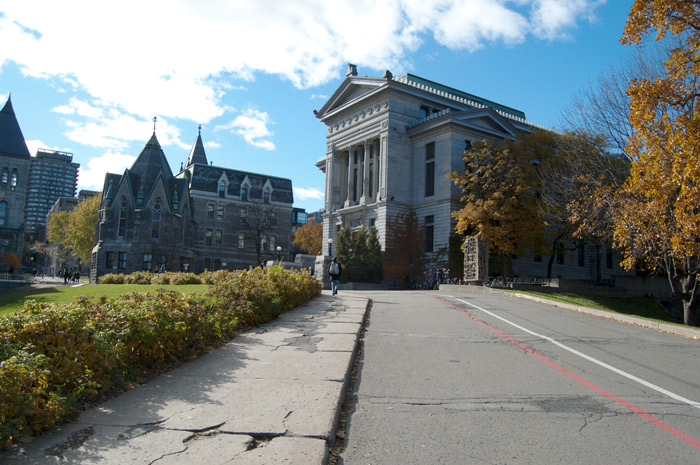Sometimes, it seems almost impossible to talk politics on campus without coming across some mention of the Boycott, Divestment, and Sanctions (BDS) movement against Israel. And, often, it feels as though on this issue there is no room for discussion. However, the problem is not that issues like BDS are inherently toxic. Rather, it’s that conversations about any campus issue increasingly turn into divisive arguments, whether about BDS, Divest McGill—a movement to force McGill to stop investing its endowment funds in fossil fuels—or other campus political topics. If students want to see progress on the issues that they care about, they need dialogue, not shouting matches. Moreover, conversations must be kept open and respectful of everyone on campus—whether they are a student activist deep in the BDS trenches, or a first-year just trying to figure out where the Stewart Biology building is.
Unproductive, divisive, political arguments occur on campus due to various factors. First, both sides would like, ideally, to change the other’s mind. Then, of course, there are people who simply prefer to think aloud. But, there is also a third reason: The desire to fit into a group by parroting its opinions. The temptation to do this is especially common among people new to McGill, for whom the desire to find a place can be overwhelming.
Regardless of the reasons, the net effect is that discussion of these issues becomes hostile, toxic, and unwelcoming to anyone who isn’t already a self-proclaimed expert. The Divest McGill website, for example, is clogged with language foreign to anyone not already familiar with the issue. Demands for students to support one side unequivocally, often made with no explanation of the issue at hand, make asking questions intimidating. When this happens, it becomes difficult for a serious discussion of any issue to take place on campus.
Though meaningful engagement with the opposing side is important, there are obvious limits to such an approach. Sometimes, people become so invested in a particular cause that their minds cannot be changed. Yet, even in those cases, conversation is still valuable, because it forces individuals to confront the holes in their own arguments and, as a result, they can find ways to strengthen them. Moreover, such conversations are beneficial for our campus community in general: They create an environment in which it is okay to ask questions or challenge dominant thought, with the understanding that there are often more than one—or even more than two—sides to a debate.
The divisive political issues that polarize campus are, in fact, nuanced and complicated. Pretending that they are not, and framing them in purely right-or-wrong terms, is a disservice to the causes that students supposedly care about. Moreover, making people feel attacked for not coming to university with an encyclopedic knowledge of every world issue is not productive, and contributes to the kind of toxic political culture that makes campus an even more stressful place to be than it already is.










Very well said! With people and articles like you write here, there is hope for McGill U.
politics are supposed to be divisive…